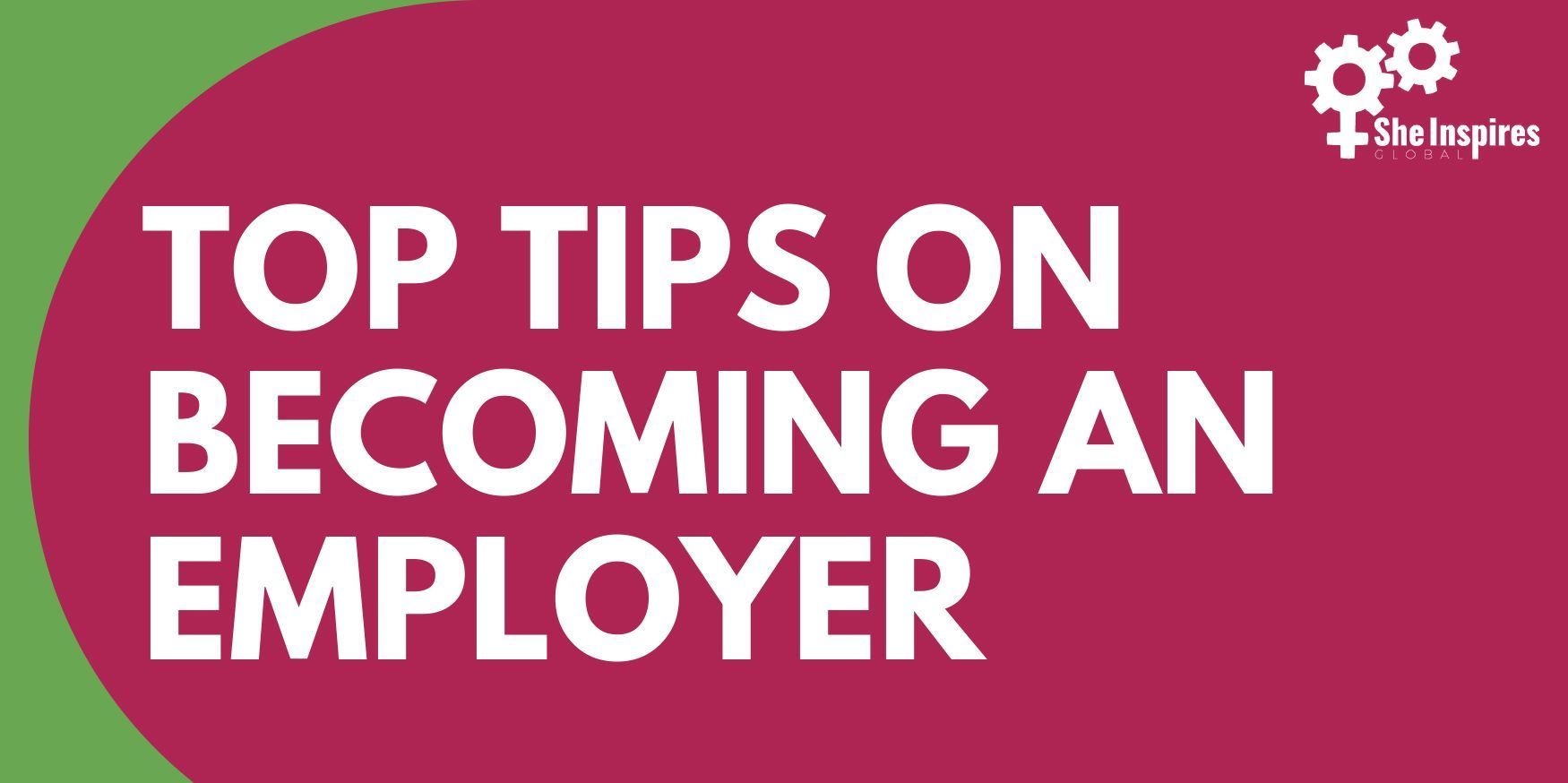Top tips on becoming an employer
Posted on 27th March 2023
Your business might still be in its early stages but if you've found that you need to take on someone to help, you'll need to consider legal issues.
It's a significant milestone for any business or organisation when they reach the point of looking to take on employees for the first time.
Whilst having help, support and additional expertise is an exciting prospect, the responsibilities of becoming an employer can be daunting.
Here are our top tips for becoming an employer:
1. GET YOUR HOUSE IN ORDER
It is a day-one right for all employees to receive a written statement of their employment terms and conditions. Not only is it a legal requirement, we also recommend setting everything out in writing so it is clear what is agreed and expected.
You should also consider whether the job needs a job description document setting out the expectations and requirements for the role.
2. SET A PROBATIONARY PERIOD
Use a probationary period to check out whether this is going to work for you. We recommend including a clause in the terms and conditions setting out that the first three or six months of employment are a probationary period, so the employee knows that their suitability for the role is going to be monitored.
At the end of the probation period you can decide whether the employee has passed, whether the probation needs to be extended or, if you’re unhappy, you can terminate their employment.
3. USE FREE RESOURCES
As with any internet research, the reliability of information and template documents on the web can vary.
We recommend the ACAS website which has lots of guidance notes on HR and employment law topics as well as gov.uk.
4. PROVIDE OPPORTUNITIES TO EXPRESS CONCERNS
Make time for regular catch ups with your employees. Give them the chance to feedback any issues and to give yourself the opportunity to informally raise any niggles or concerns before they become more serious.
5. GET YOURSELF CLUED UP
Consider investing in training for yourself in people/management and HR issues.
6. ASK FOR HELP
The more employees you have, the more likely you are to have issues such as misconduct, performance concerns, sickness absences, or grievances. It can be hard not to take these personally but try to remain calm and objective and consider taking professional advice.

Share this post:

